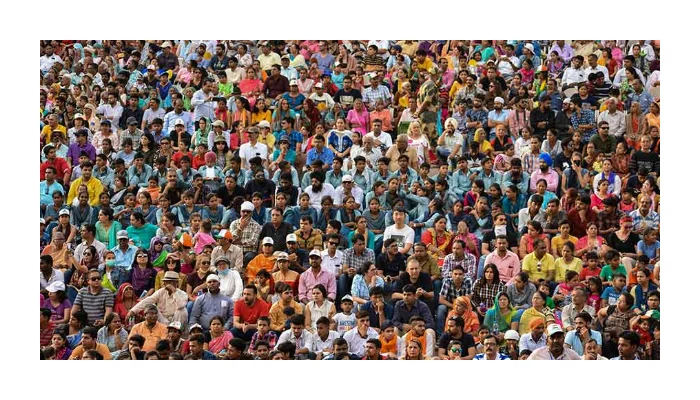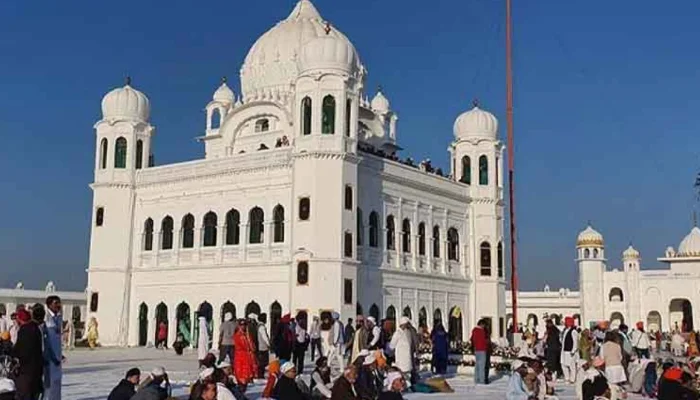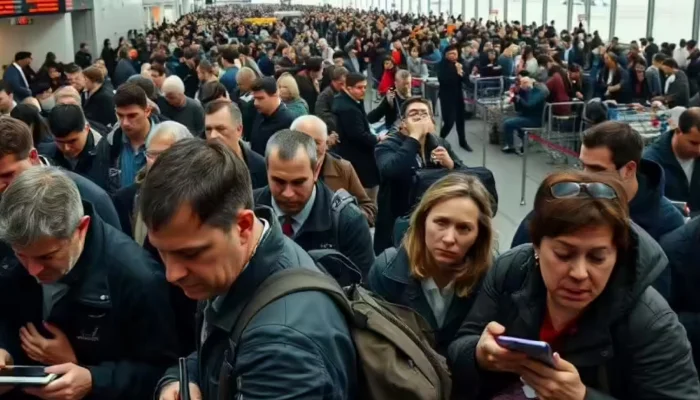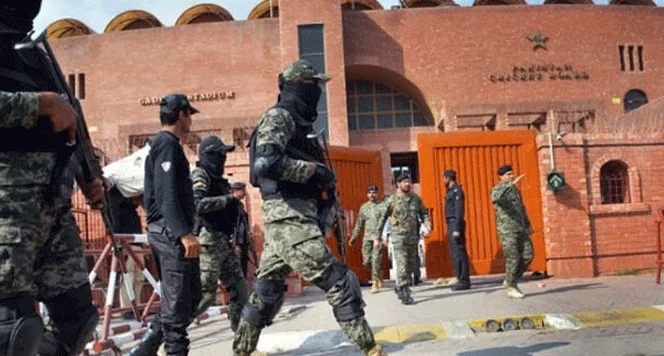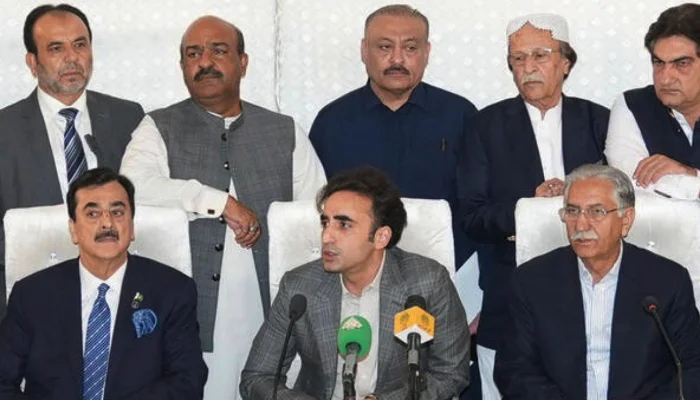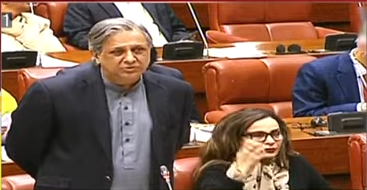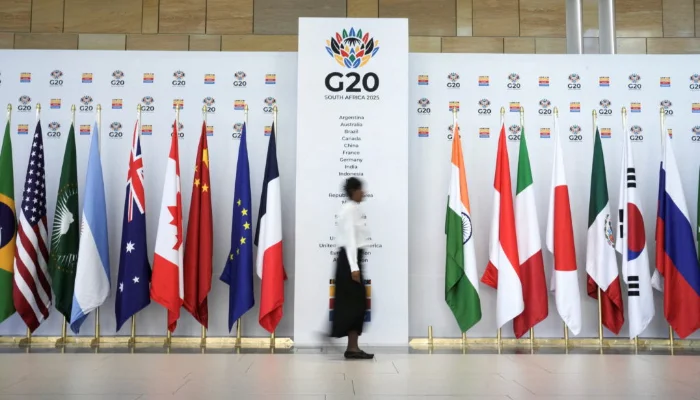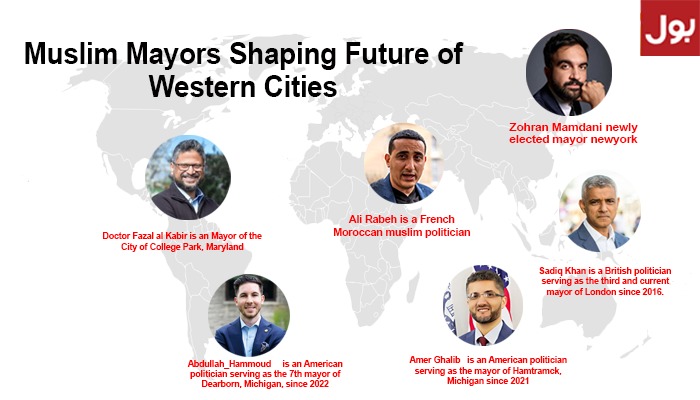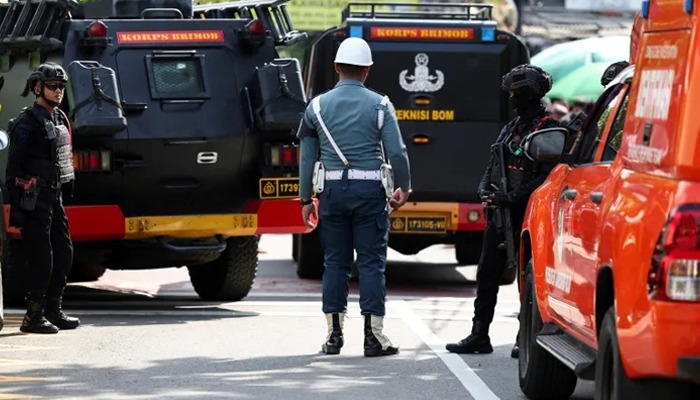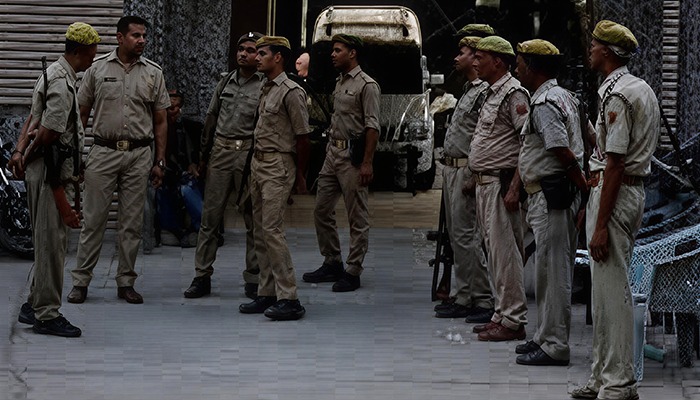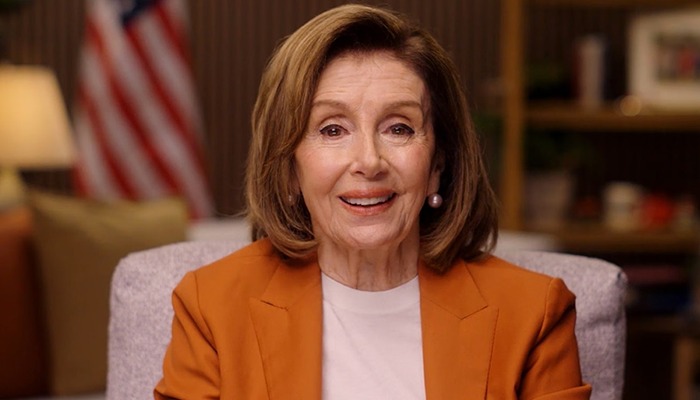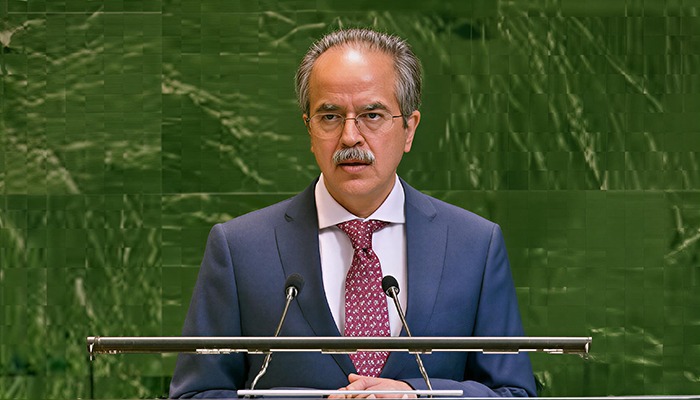New Delhi: India is testing mobile software systems in preparation for the world’s largest—and first fully digital—population census, scheduled for 2027.
The upcoming census will be India’s first since 2011 and, for the first time since independence, will record people’s caste—a politically sensitive exercise last conducted in 1931 under British rule.
A 20-day pilot program will start on November 10 in select areas of Karnataka. It will trial a mobile app-based data collection system and self-enumeration options aimed at replacing traditional paper forms.
“The objective is to assess the functioning and efficiency of the digital application across diverse areas—from urban centers to regions with limited mobile connectivity,” the Ministry of Home Affairs said.
“This trial is a major step toward India’s first fully digital census, replacing the old paper-based schedules.”
Conducting the census presents a massive logistical challenge. Unlike the 2024 general elections, which were electronic and spread over seven phases across six weeks, the census must capture the entire population simultaneously to avoid duplication.
The main count is planned for March 1, 2027. In high-altitude Himalayan areas—including Himachal Pradesh, Uttarakhand, Ladakh, and the disputed territory of Arunachal Pradesh—the census will begin earlier on October 1, 2026, before the snowfall begins.
Caste continues to play a central role in India, influencing social status, access to education, resources, and opportunities. More than two-thirds of India’s 1.4 billion people are believed to belong to historically disadvantaged communities who have faced systemic discrimination.
The caste system, rooted in millennia-old social hierarchies, divides Hindus by occupation and social standing. Prime Minister Narendra Modi’s Bharatiya Janata Party has historically opposed caste enumeration, arguing it could deepen social divisions, but supported the new survey in May.
Advocates of the census argue that up-to-date demographic data is vital for social justice initiatives, including reserving university seats and government jobs for disadvantaged groups. Previous governments have avoided updating caste data, citing administrative challenges and potential social unrest. A caste survey conducted alongside the 2011 census was never made public.

